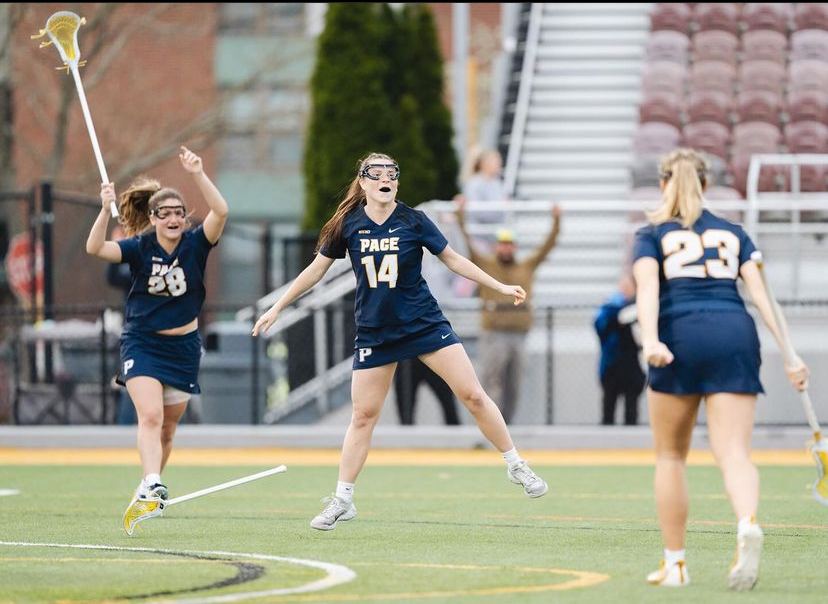A Universal University
Are you there, God? It’s me, marketing major.

April 9, 2014
Throughout history, people have written about the effect that higher education has on one’s religious affiliation and sentiment. Some Pace students feel that they can contribute to the texts while others remain largely unaffected.
“Before college, I didn’t really go to church,” freshman global marketing major Diego Caro said. “Now that I’m in college, I think about it less because I have less time to think about it and go to church.”
One of Caro’s peers agreed that religious affiliation is like real estate; location, location, location.
“I wouldn’t really say I had a religious experience at Pace. My experience depends on where I am,” Camelia Pierre, international business management major said. “When I’m with my dad, I am forced to go to church, every service, but I don’t believe in church anyway. I do believe in God.”
Pierre felt that college students are too preoccupied and busy with academia among other obligations to think too much about religion.
“What College Did to My Religion,” was an article by Philip E. Wentworth that described Wentworth’s own experience in the early 1900s.
Part of it explained how his religious mentor warned him against attending Harvard, telling him he should indulge in an education more akin to seminary school. With this cultural and religious background firm in his mind, Wentworth left for Harvard certain he could harmonize his religion and education. He was wrong, and eventually he gave up on pursuing the ministry.
In 2003, the Higher Education Research Institute at the University of California Los Angeles began a study entitled Spirituality in Higher Education. The conclusion explained, “While [students] have high ambitions and aspirations for educational and occupational success, and college is the means by which they believe they can realize their goals, they are also actively dealing with existential questions.”
However, other findings suggest that students use the knowledge learned in their religion to challenge that of their professors.
So, while not all students’ religious or spiritual preferences are affected by their time in college, there seems to be a tendency for students to stray a bit from religion during their years in higher education. This could, of course, be due to the fact that students are encouraged to question, challenge, and forge their own beliefs, spiritual and nonspiritual, in order to build their own lifestyles and be self-sufficient, stable-minded individuals.










